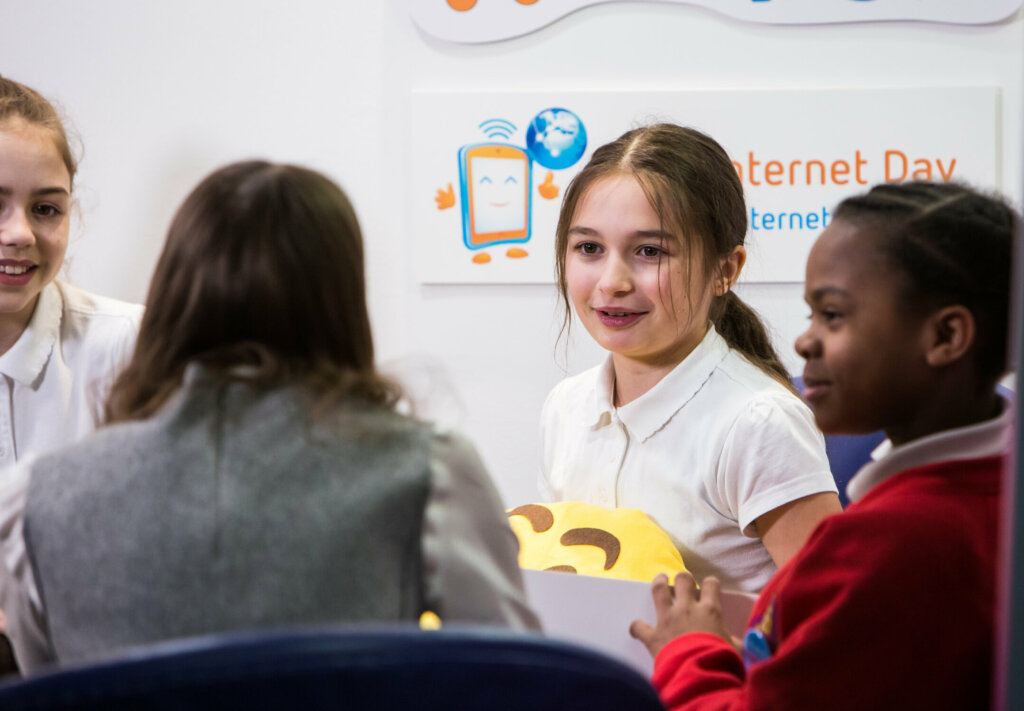Throughout the COVID-19 pandemic, Childnet has continued to work with young people and to listen to them. We have spoken directly with young people in our Youth Advisory Boards, our Digital Leaders Programme, our Digital Champions, as well as more generally in the schools we run session in about many aspects of their lives online.
In this blog we will share some of the ways in which young people’s experiences online have changed during the pandemic and what parents and carers can do to support them if they see misinformation and fake news online.
“During COVID, because there’s an entirely new topic for all this news to be spread about, [misinformation has] increased, and it’s slightly more detrimental now because everyone’s online all the time […] There’s so much of it that it becomes believable.”
Misinformation is when inaccurate or untrue information is shared online; you may also hear it referred to as ‘fake news’. Although misinformation and fake news have always been present online, young people tell us this has been more noticeable during the pandemic.
“More and more people see this misinformation… especially young people, because they’re at home and are on social media, they come across that and then form opinions but they don’t have the correct information.”
As the virus is relatively new, and lockdown and restrictions are changing, there remains a lot of confusion about what is true, especially as a lot of people are posting about it online. Young people have told us about the anxiety and stress that may be caused by seeing misinformation online. We also know that some of the stories about COVID-19, such as fake remedies or myths about the vaccine, have the potential to be dangerous.
“What you can do is prevent people from acting upon it and acting upon it inappropriately. If you teach people the rights and wrongs of it, and the clear signs as to what is fake news and misinformation, then you can prevent people from sharing it further or actually believing it.”
However young people are also telling us about some of the strategies they have for identifying misinformation and fake news. They are also clear that support from their parents and carers is key.
Here are our five top tips for parents and carers on supporting their child with misinformation and fake news during the pandemic:
- Talk regularly with your child about how they use technology and where they go for information online. Our Let’s Talk About Life Online leaflet can help parents and carers start these conversations.
- Set an example for your child. If you spot an example of fake news, discuss with your child how you spotted it, and question the source and purpose together. Do some further research and work out whether you think it’s reliable or not, so your child is practising these skills which they can then use more independently.
- Look at your own sharing practices – avoid talking about or sharing content that could be misinformation or fake news. You can make use of fact-checker sites to help you assess how reliable something is, and encourage your child to do the same.
- Check in with your child, and make sure they know that they can come to you with anything that they are unsure of. It’s also okay to not have all the answers! If there is something that you are still unsure about, you could speak to other parents and carers about it, as they may be feeling the same way about a particular news story, or may be able to offer you some help and guidance.
- Take action against fake news and misinformation. Some social media services and websites allow you to report stories which you think may be unreliable. Find out more about reporting here. If you see a friend or relative sharing news which you think may be inaccurate, you may be able to report it anonymously or you can try talking to them directly.


